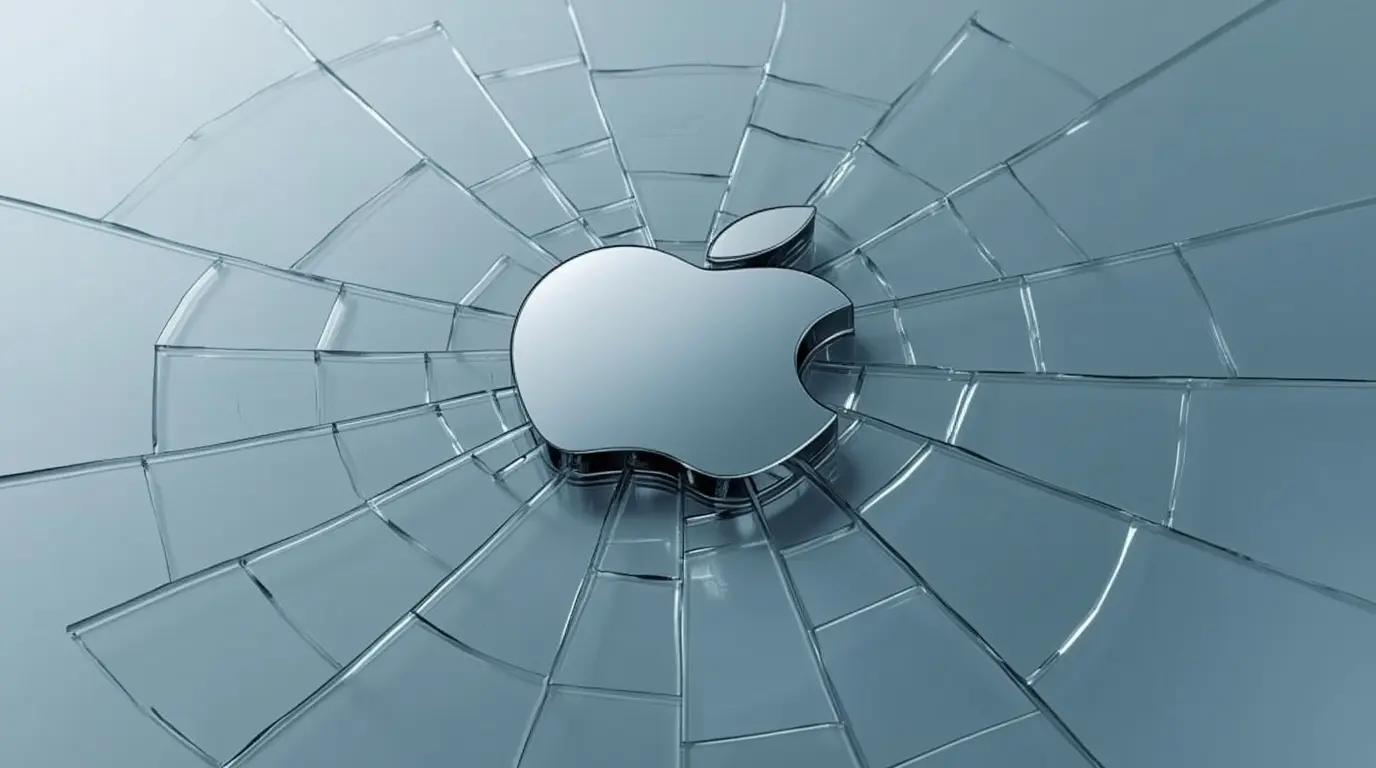In a clear win for regulators across the globe, Google has agreed to a AUD 36 million penalty after exclusive deals with Australian telcos led to less competition in the digital app market. The Google Australia Fine wraps up a long court fight and shows that Big Tech is under watch everywhere.
[City, Australia] – Australian consumers can now expect a more open digital market after Google’s owner, Alphabet, accepted a AUD 36 million fine, worth roughly USD 24 million, from the Australian Competition and Consumer Commission (ACCC). The Google Australia Fine finishes a Federal Court case that accused the company of anti-competitive deals with mobile carriers that restricted consumer choice and strengthened Google’s hold on the market.
The ACCC first sued Google back in 2021, arguing the company had locked in its mobile search engine in a way that locked out rivals. The ACCC says Google locked its search engine as the default choice on Australian mobile devices by signing pacts with telco giants Telstra, Optus, and Vodafone (now TPG Telecom). In many cases, the engine could not be switched out for another.
Walled Gardens and Your Search Choices
At the heart of what the ACCC found is the idea of a digital “walled garden” closing in around Australian users. When someone starts up a brand-new Android phone from one of the accused telcos, up pops Google Search, already marked in bold as the default. The ACCC claimed that the contracts the telcos signed went a step further: they actually barred the companies from pushing, promoting, or even letting users install rival search engines, whether that’s Microsoft’s Bing, DuckDuckGo, or the eco-friendly Ecosia.
This play, often called “anti-fragmentation” or exclusivity deals, shut the door on competitors right when the doorbell rang. For millions of everyday users, the easiest, quickest option is to tap the search box that’s already there. The result? Google scores a steady flow of search queries and the ad dollars that come with them, all without ever having to step up and win users on the strength of the service itself.
“By locking in these preset positions and exclusive pacts, Google removed any chance for other search engines to compete on equal terms,” ACCC Chair Gina Cass-Gottlieb stated. “This isn’t simply about a firm succeeding; it’s about leveraging vast financial power to solidify market control and shut out possible challengers. The end result is less innovation and fewer choices for everyone.”
A Worldwide Trend, Not a Unique Case
The Google Australia Fine isn’t a one-off. It’s part of a wider international push against the default arrangement tactics that leading tech firms—and Google in particular—have used for years.
The European Union: In a groundbreaking 2018 ruling, the EU hit Google with a record €4.34 billion fine for abusing the Android ecosystem to lock in its search market share. The decision required Google to revamp its approach in Europe, mandating a “choice screen” that invites users to pick their search engine and browser when they first set up a new device.
The United States: The Department of Justice is deep into a historic antitrust fight with Google, and its practice of landing default search placements with Apple and other device makers sits at the core of the case. The final verdict here could redraw the whole search engine landscape.
The deal struck down under Australian law, while smaller than the European fine, Google Australia Fine still matters because it proves that regulators across the globe see the same problem and are willing to push back. Google Australia Fine sets a clear signal that using a commanding hold in one market—like the operating system running the device—to choke competition in another—like search—is nothing less than illegal power play.
Google Australia Fine Highlights
Besides the Google Australia Fine, still pending official approval from the Federal Court, the accord packs a serious behavioral punch. Google has agreed, under court supervision, to stay clear of approaching Australian telcos with any contracts sporting the same exclusive terms for the next five years.
Smaller search companies can now finally sit at the table and bargain for key spots on phones sold by major telcos. This could pave the way for a future in Australia where first-time phone buyers see a wider range of search options the moment they power on their devices—meaning a livelier and fairer tech market for everyone.
What the Future Holds
The Google Australia Fine for Google hurts in dollars, but it’s really just a cost of doing business. What weighs heavier is the groundwork it lays and the shifts it mandates. The tech giant can’t lean on exclusive contracts to lock in its search lead in Australia anymore.
For everyday Australians, the pay-off down the line is a better menu of choices and a boost to new ideas. Google is unlikely to lose its top spot any time soon, but now rivals can finally get a fair shot at being noticed and selected.
The ACCC’s win in court gives global regulators a new arrow in their antitrust quiver and shows that even the biggest tech giants must answer to the law. It proves that the age of letting digital platforms run wild is fading, one country at a time. Google Australia Fine makes it clear: when governments decide to tame Big Tech, the whole world is paying attention. More important, the world is now moving forward.
For more incredible stories about Google Australia Fine, return to our homepage.




